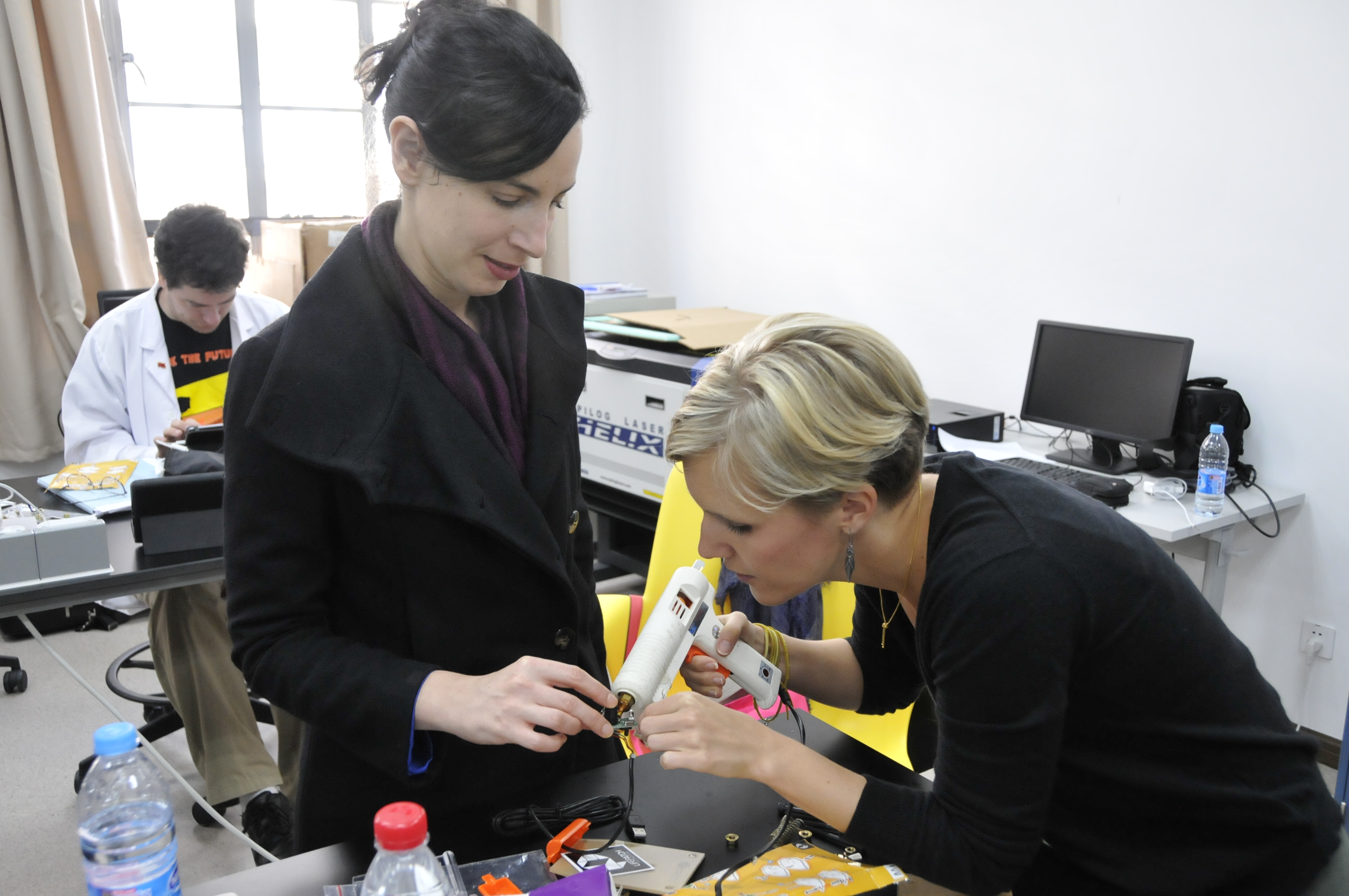With Seeing Culture Everywhere behind us and Joana busy with Betterplace, we have been working together less than usual, but we do have plans. The shared denominator of our current interests is “development,” obviously a key term in Joana’s work with Betterplace and one that has been of increasing interest to Pal as Chinese migrants overseas — a subject he has been working on for nearly two decades — are increasingly involved in massive infrastructural projects or are otherwise transforming livelihoods and aspirations in poor countries.
A few years ago we already did some very modest research on the absence of development: why a road is not being built to link China and Russia across the Altai, despite all economic rationality. Now Pal wants to do some more substantial fieldwork in one of the numerous places — from Laos to Peru — that are being changed by Chinese-built roads or dams,Chinese traders, casinos, clinics, or factories. Despite all the hype that surrounds China’s “development export,” there is very little understanding of how it is actually impacts people’s lives and ways of thinking. Yet, as we wrote in an earlier post, both the capital and the faith in development that Chinese migrants bring to these places is already changing aspirations in ways that both agencies like the World Bank (whose lending portfolio is already smaller than that of China’s Eximbank) and participatory-development NGOs find hard to ignore. In one of the first ethnographies of the subject, Antonella Diana has shown how highland farmers in northern Laos, whose lives have long revolved around the German development organization GTZ, have converted to the prosperity gospel of Chinese rubber planters.
The subject is so interesting because it connects shifting local understandings of “the good life” in African villages to changes in World Bank decisions as well as to changing modes of sovereignty, as evidenced by the rise of modern-day concessions — large rented territories run by foreign (Chinese or other) investors who promise the local government to build model zones of development in exchange for a degree of what in essence is extraterritoriality. And while Chinese “development export” has a lot to do with the state, of no smaller interest is the sudden emergence of private donors and volunteers in China — people who adopt form of action familiar from Western “civil society” but who may have quite different (or, on the other hand, similar) ideas of what kind of lives their help should facilitate.
This is, of course, where Joana’s interests come in. Our next joint project is comparing Chinese reactions to the uses of aid after the 2008 Sichuan earthquake to Western debates about the efficiency of aid to Haiti these days. We hope to use the analysis of these (mostly online) discussions to uncover to what extent ideas of aid and of individual-state interaction differ, but if we find Chinese donors for betterplace.org in the process, Joana won’t mind.
